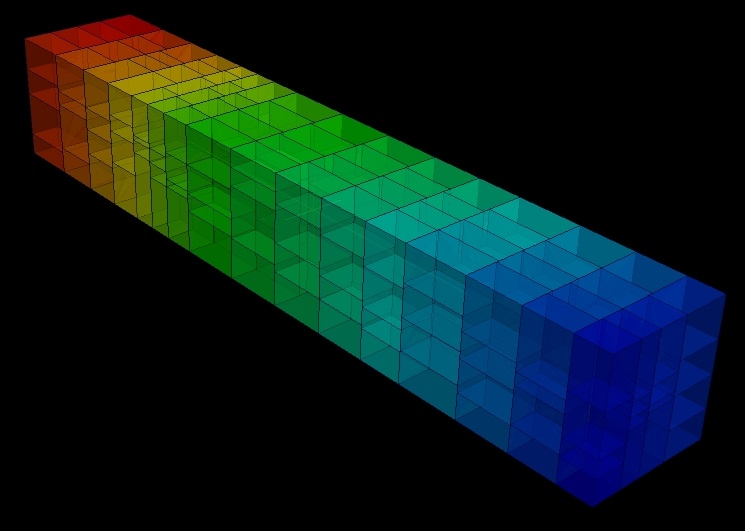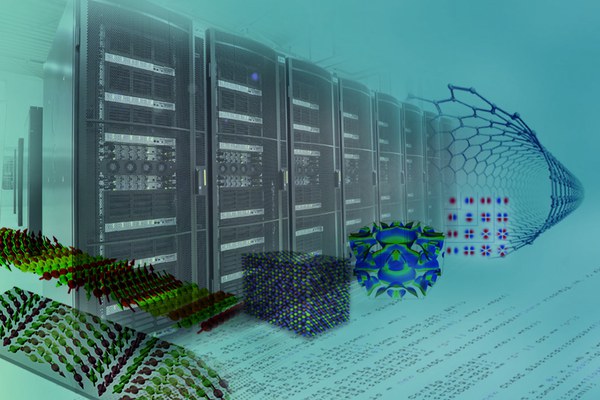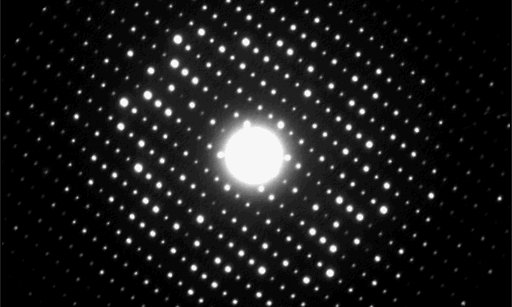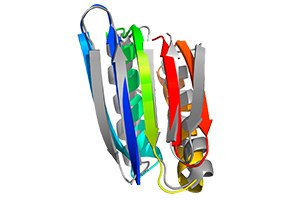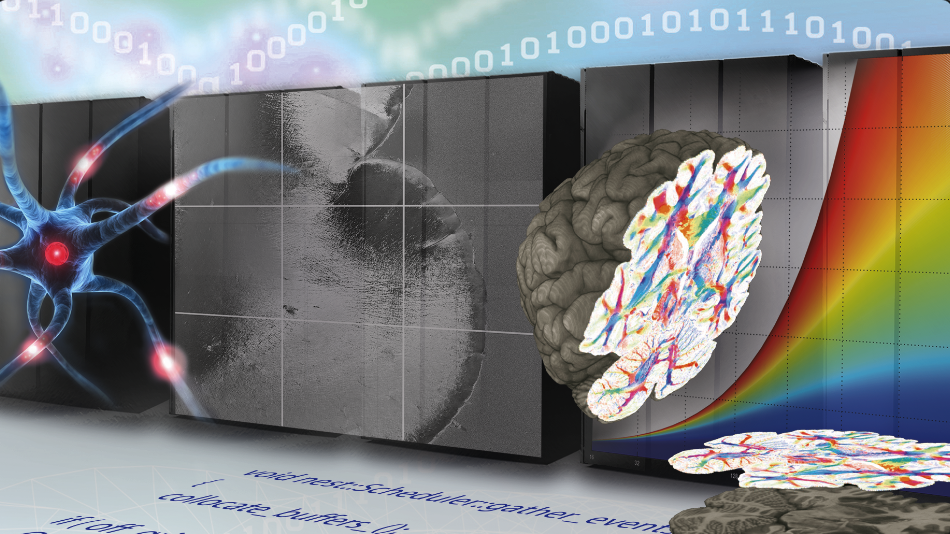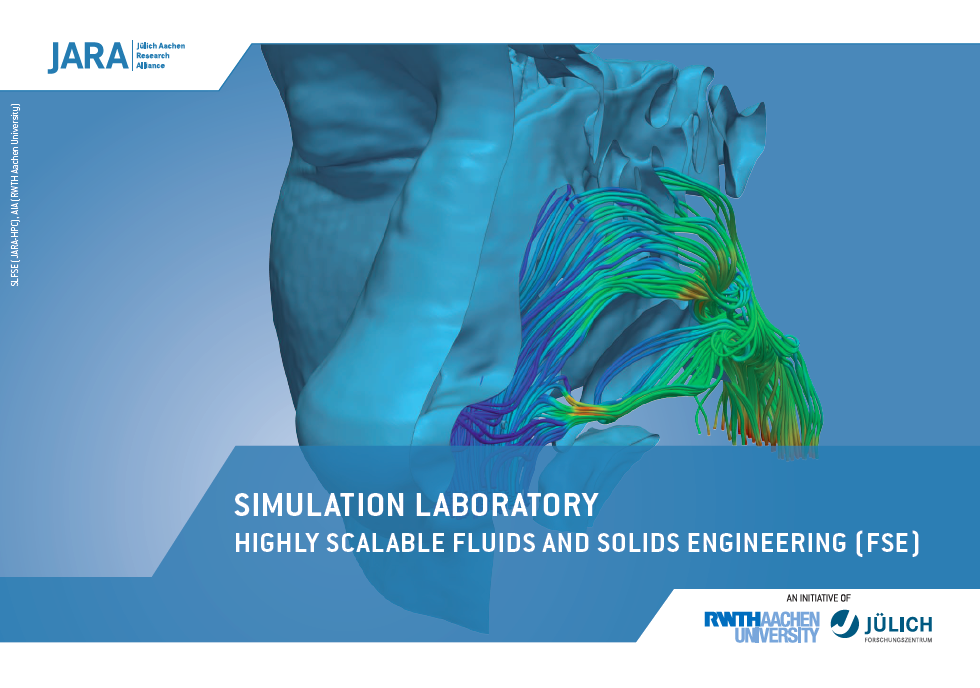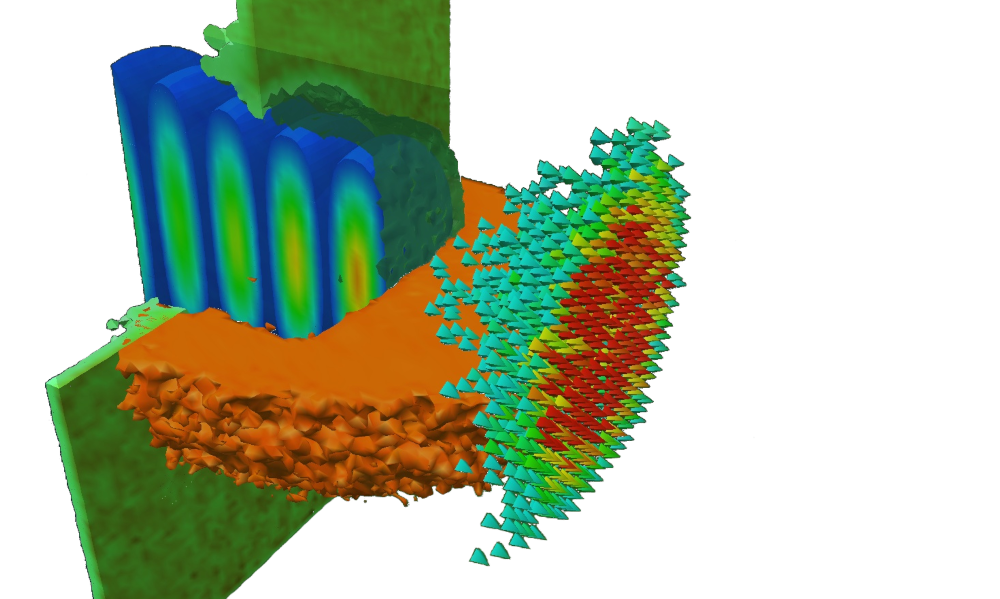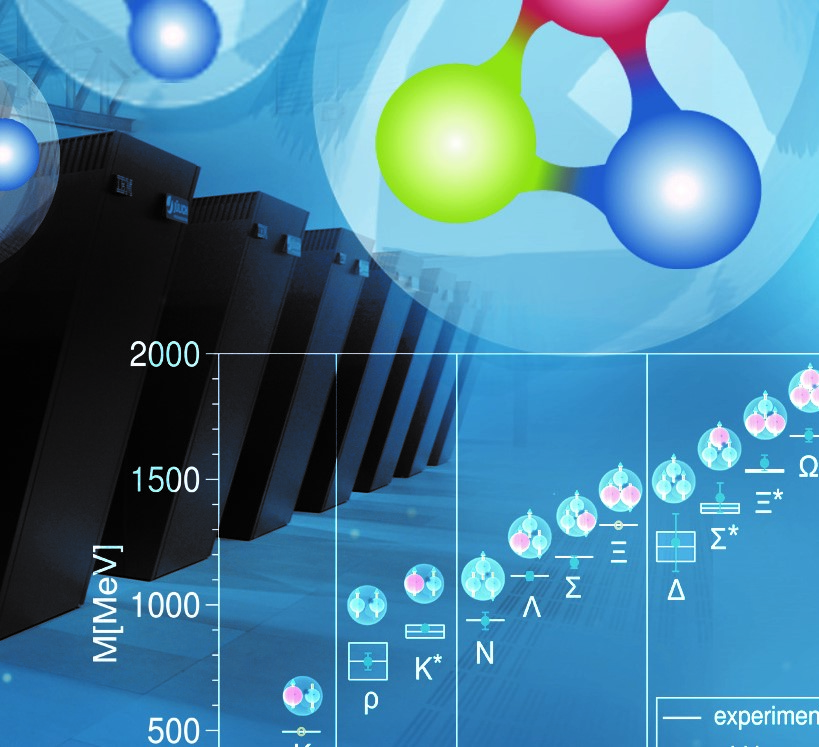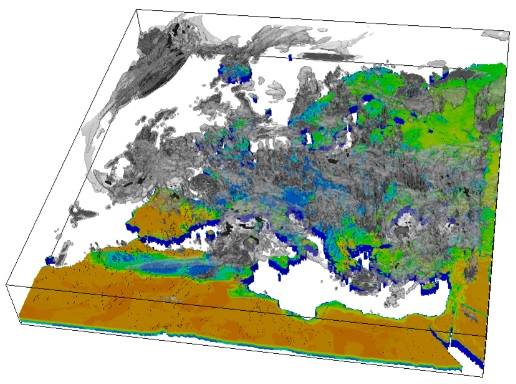Whether it be in the field of climate change, materials science, or brain research – many of today’s scientific breakthroughs are made possible by powerful computer simulations. Supercomputers, such as the systems at the Jülich Supercomputing Centre (JSC), process vast amounts of data in a very short space of time. Each year, more than 200 research groups from academia and industry use the computing resources at Jülich to explore complex scientific questions.
Recreating reality on a computer
The foundation of this work lies in modelling and simulation:n:
- Modelling involves describing real systems – such as the brain, the weather, and novel materials – mathematically. These models digitally replicate the known behaviour of a system.
- Simulation computationally “plays through” these models to analyse how a system might develop under different conditions.
Supercomputers calculate millions of scenarios, providing precise insights into processes that cannot be observed directly.

Applications of supercomputers in current research
Supercomputers are used in numerous disciplines – especially where highly complex, data-intensive processes need to be analysed.
- Brain research: They help to better understand the processes in the human brain – for example, how nerve cells process and transmit signals.
- Weather and climate: They calculate how the weather will develop over the next few days – or how climate change will affect different regions in the long term.
- Quantum computer simulation: They simulate new types of computers that are still in development – so we can understand how these quantum computers might work one day.
- Artificial intelligence: They train large language models – programmes capable of understanding and generating text.
Computing time for excellent research
Computing time on Jülich’s supercomputers is valuable and in high demand. Access is granted by the Gauss Centre for Supercomputing (GCS). GCS is a cooperation of the national supercomputing centres in Germany and unites the three computing centres of Forschungszentrum Jülich (Jülich Supercomputing Centre – JSC, the Bavarian Academy of Sciences and Humanities (Leibniz Supercomputing Centre – LRZ), and the University of Stuttgart (High-Performance Computing Center Stuttgart – HLRS). Moreover, researchers from all over Europe can use the Jülich supercomputer JUWELS for their projects via the Partnership for Advanced Computing in Europe (PRACE).
Who can conduct research on Jülich’s supercomputers?
The decisive factor for approval is a review by an independent institution, which is carried out by the John von Neumann Institute for Computing. This review is based on the German Research Foundation’s (DFG) criteria of excellence. The most exciting and promising scientific projects are then allocated computing time on the supercomputers. >> Apply for computing time
Using supercomputers effectively: expert advice for researchers
At JSC, nearly 200 experts cover a wide range of topics. They offer scientists support on all aspects of supercomputing and the simulation sciences. The expert teams at JSC advise scientific users on how to optimize their programs and help with specific issues such as visualization or the application of deep learning methods.
In addition, JSC operates various Simulation and Data Laboratories, which assist scientific users with subject-specific questions. Interdisciplinary teams from the respective scientific fields work in these SimLabs. In addition to their specialist backgrounds, the researchers have extensive technical and methodological expertise. While these groups work together with applied computer scientists to support their colleagues in using the Jülich supercomputers in numerous ways, they also conduct their own research.
Simulation and Data Laboratories
Simulation calculations and data analyses on high-performance computers involve a whole range of challenges. The Jülich Supercomputing Centre (JSC) has established a number of Simulation and Data Laboratories to provide individual assistance to scientific users regarding their projects. Scientists from a specific field who – in addition to their subject-specific background – have extensive expertise in the area of high-performance computing work in these SimLabs.
Currently, there are Simulation and Data Laboratories (SDLs) that focus on the following topics:



